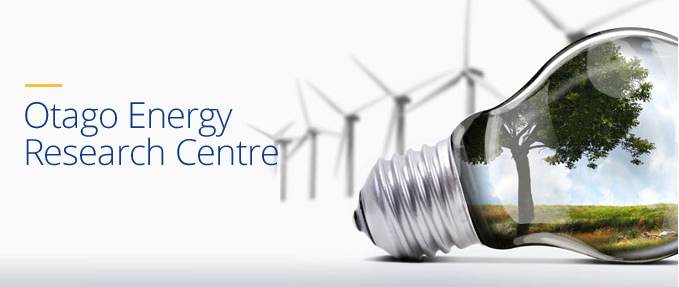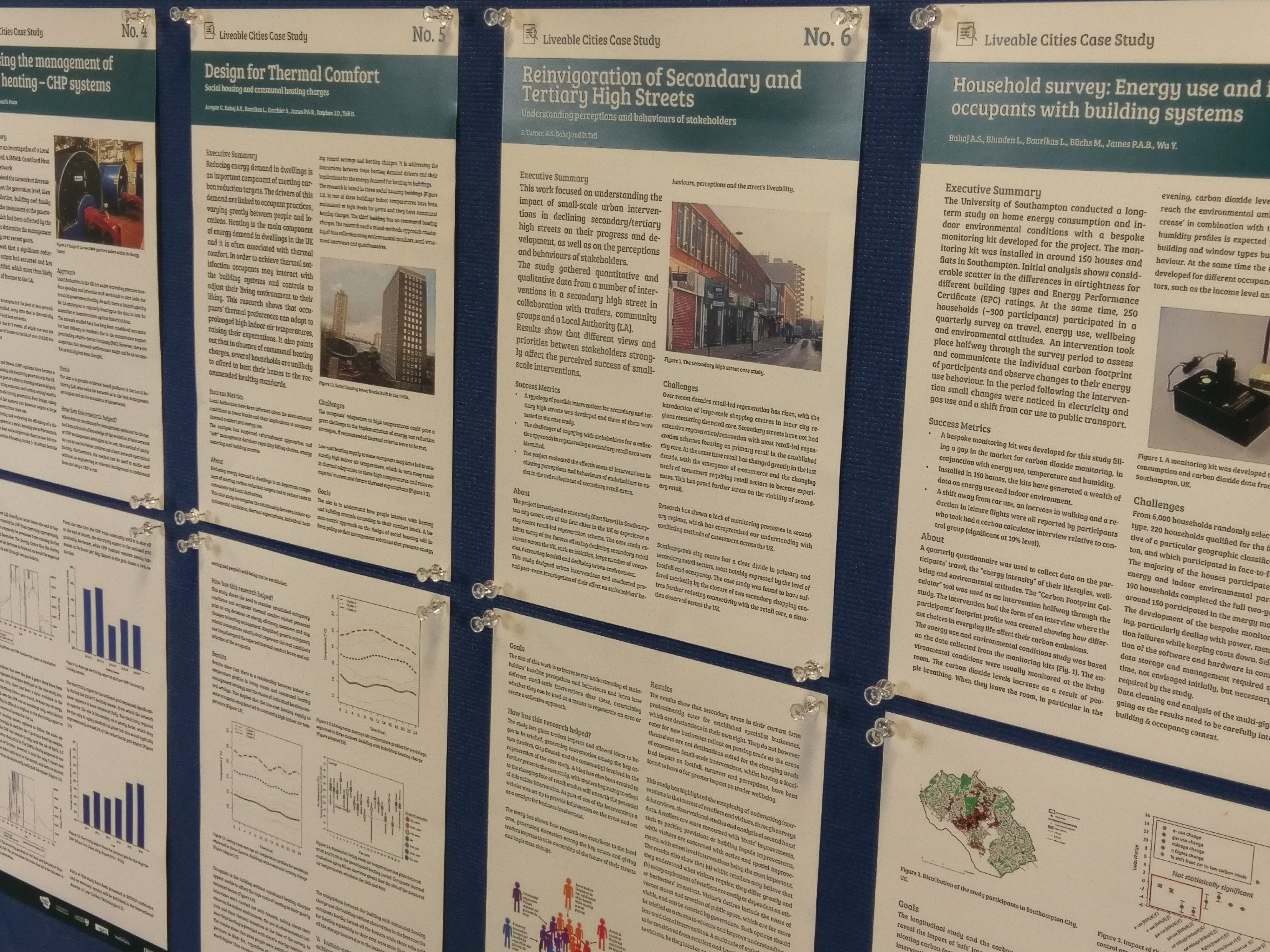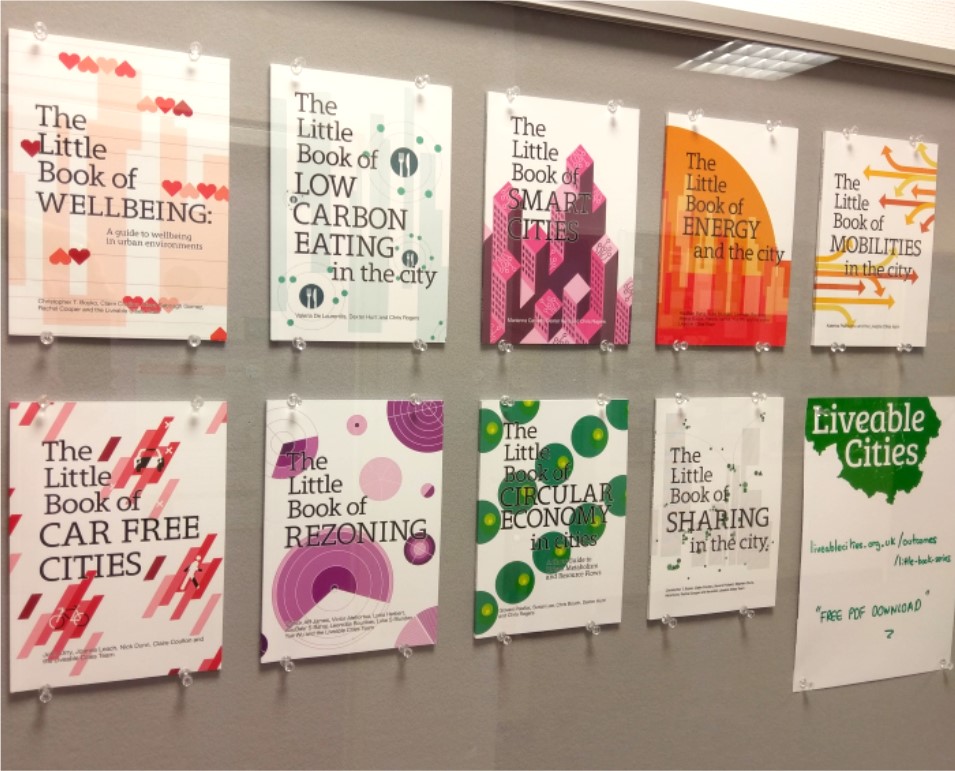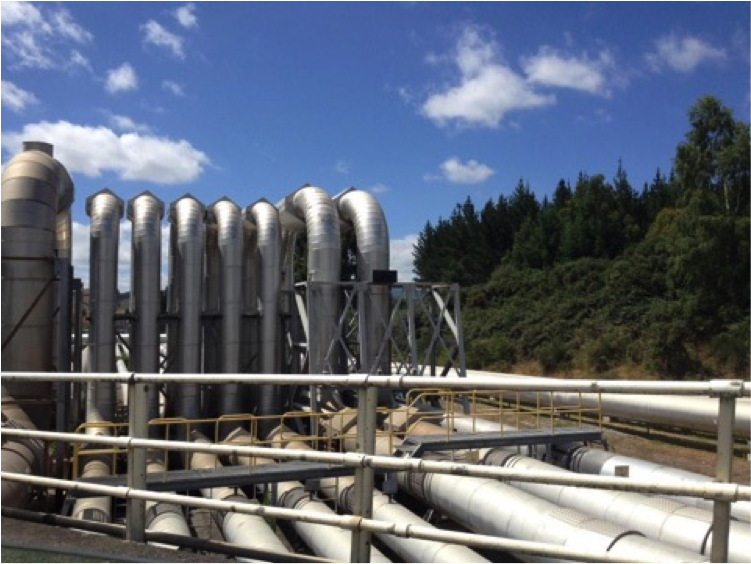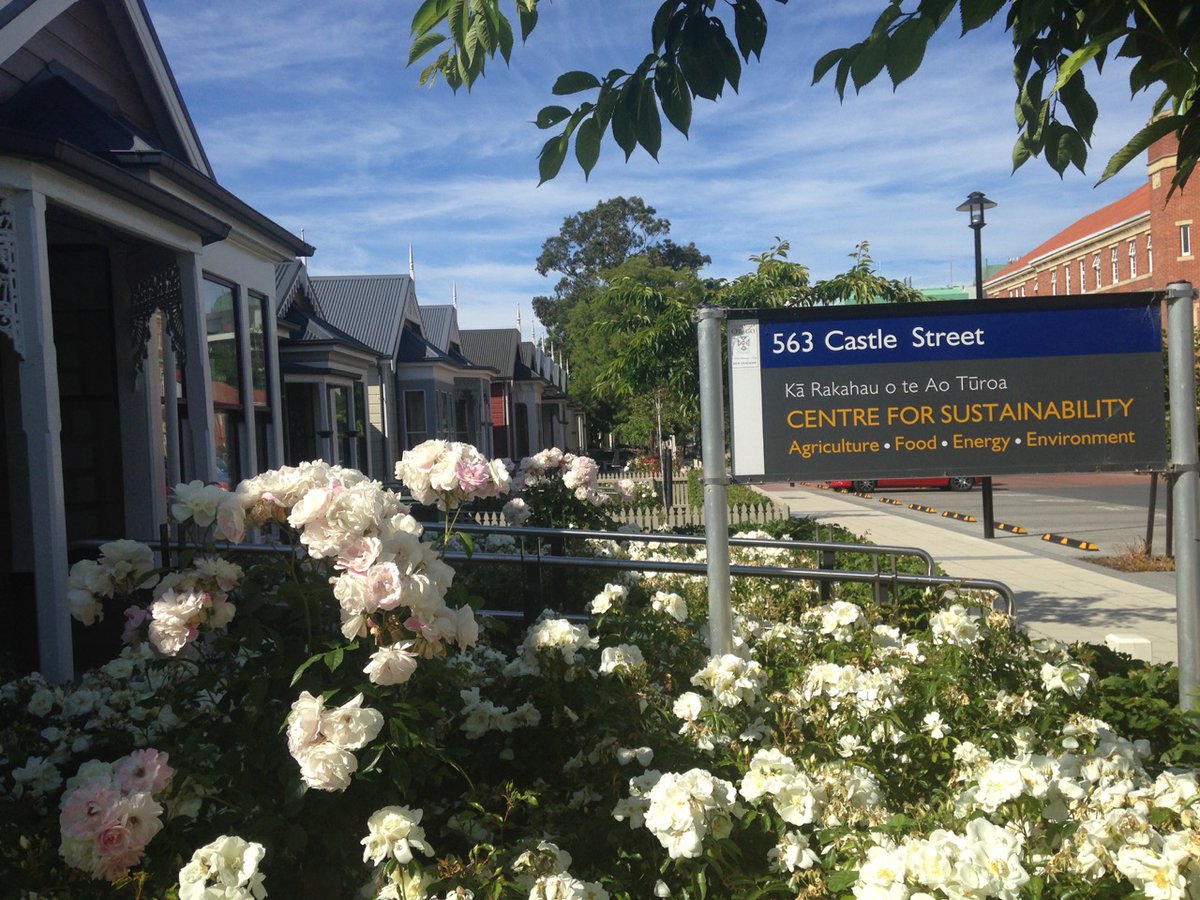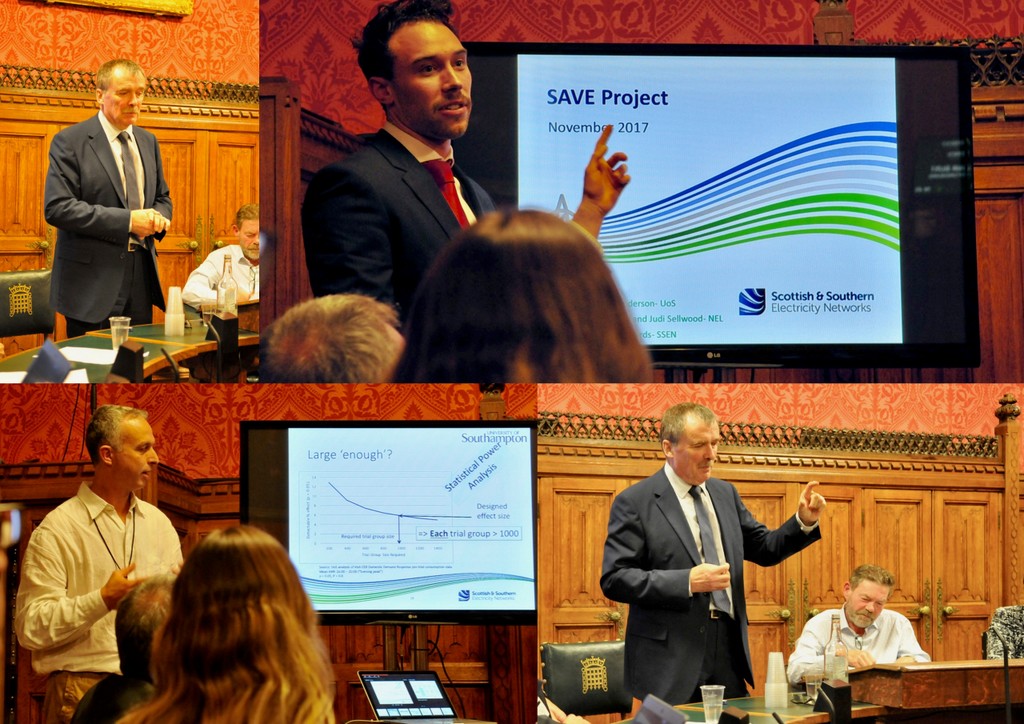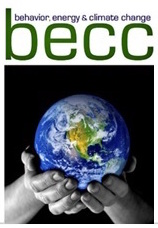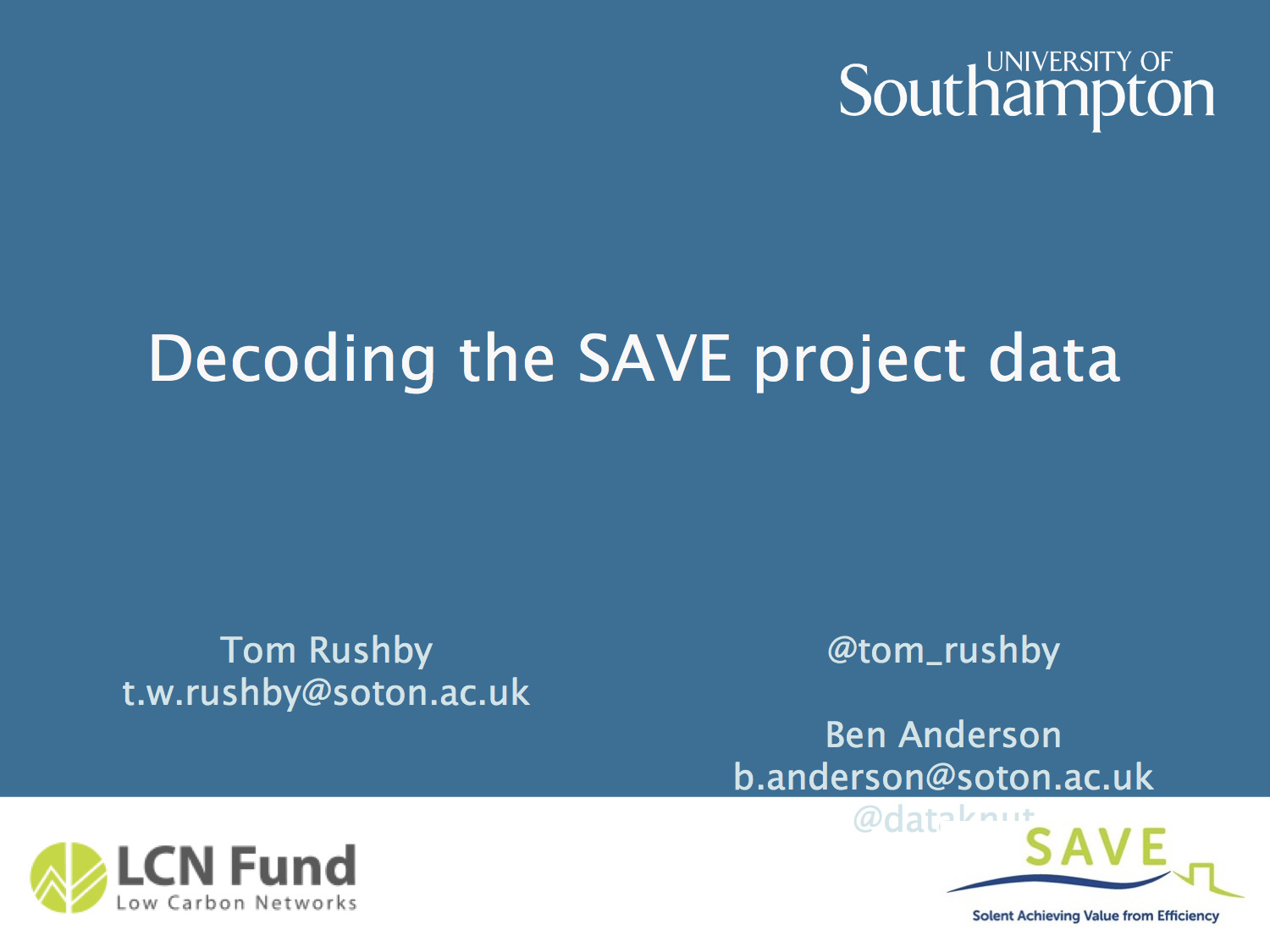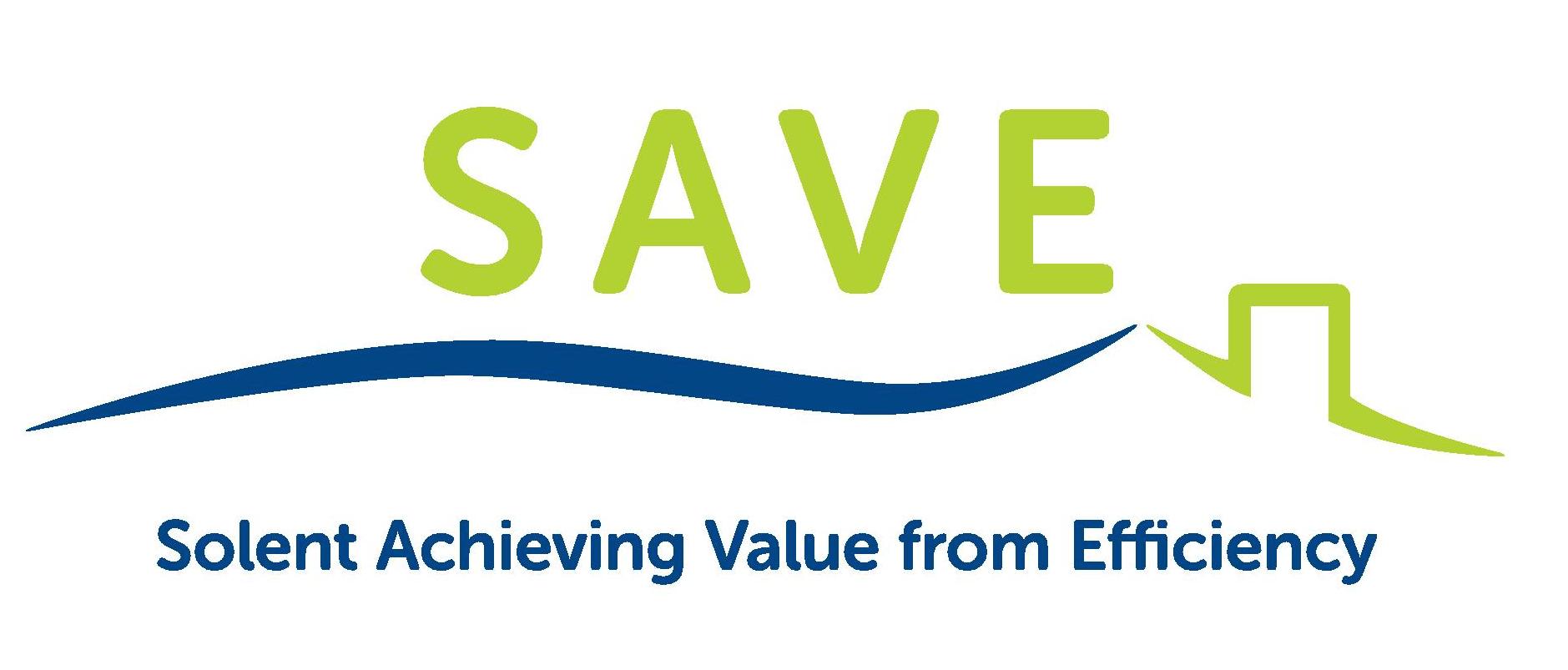SERG’s Dr Ben Anderson recently gave an Otago Energy Research Centre seminar on the SAVE project results to date. He was also invited to give an interview to the University of Otago’s radio station, RadioOne 91FM (“Aotearoa’s southernmost student radio station!”). Interview: Seminar abstract: “Whilst overall reduction of energy demand is receiving increasing policy […]
Energy and Behaviour
The 9 Case Studies showcase the breadth and applicability of the Liveable Cities research to practice and to everyday life. A copy of the case studies is available to download here: #1 Natural Capital in Birmingham. by Nick Grayson, Jonathan Sadler, James Hale, Martin Locret-Collet and Chris Bouch #2 Energy, Transport and Waste in Birmingham: […]
Following the roadshows and a successful closing event in the House of Lords, the Liveable Cities – Little Book series are now available online to download as PDF. The Little Books aim to be easy to read and accessible in order to inform the public about some of the key research outputs and the main […]
It isn’t hard to find similarities between the British Isles and New Zealand. The traditions derived from the British immigration to the islands (and the South Island in particular) emerge as a common language; as familiar sports at which, for the most part, the Kiwis give us a good thumping; a liking for real ale, […]
SERG’s Dr Ben Anderson has just started the outgoing phase of his EU H2020 Marie Skłodowska-Curie scheme-funded SPATIALEC Global Fellowship. Based at the University of Otago’s Centre for Sustainability, Ben will initially be working on combining time use and electricity monitoring data from the New Zealand GREEN Grid project with New Zealand Census data to […]
SERG’s Dr Ben Anderson presented the SAVE study design and trial period 1 preliminary analysis at Scottish and Southern Energy Network’s Using Energy Efficiency to Defer Network Reinforcement parliamentary event at the Houses of Parliament on November 20th, 2017. With an introduction from Alan Whitehead MP (Shadow Minister (Department for Business, Energy and Industrial Strategy) […]
Dr Despina Manouseli presented a poster on the IMPETUS domestic hot water demand model at the annual Behavior Energy and Climate Conference in Sacramento, California in October 2017. The poster presented a novel, practices-based approach to hot water demand estimation ‘under normal conditions’ using microsimulation to forecast seasonal demand at the household level under various water/energy conservation scenarios. The models suggest that the installation […]
SERG is part of a team led by UCL to deliver the new GB Smart Meter Research Portal (SMRP) with funding from the UK Engineering and Physical Sciences Research Council. SMRP will provide a secure, consistent and trusted channel for researchers to access high-resolution smart meter energy consumption data, which will facilitate innovative energy research […]
Solent Achieving Value from Efficiency (SAVE) project poster presented to the ‘Clean Carbon‘ USRG by SERG’s Dr Thomas Rushby, 10th May 2017 References list: [1] EA Technology. Future Load Growth from presentation titled ‘SAVE Project Customer & Network Model Meeting’. 17th February 2015 [2] Newsham, Guy R., and Brent G. Bowker. ‘The Effect of Utility Time-Varying […]
